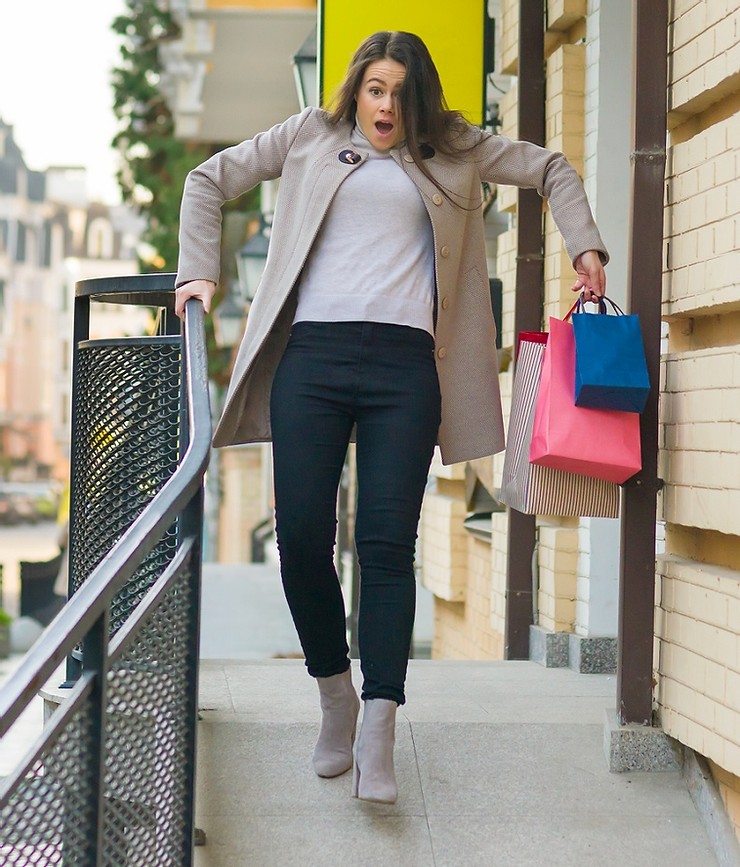Slip-and-fall injuries are among the most common complaints that result in personal injury claims. The contact between a foot and a slippery surface can start a chain of events that could lead to a financial judgment against the property owner if found responsible for negligence by the injured party. An injured person typically will file a personal injury claim to recover the costs of medical bills and other compensation.
Slip-and-fall claims are common, but liability for injuries can be difficult to prove in court. Here are some points to know before hiring a slip-and-fall injury attorney in East Texas to handle your personal injury claim.
Pain and Inconvenience
An encounter with a wet spot on the floor of your local supermarket or shopping mall can be serious or even catastrophic. Knee or ankle damage, shoulder dislocations or muscle sprains, broken bones, and spinal or nerve damage are some of the injuries that can result from an unexpected and forceful impact on a hard surface.
An injury attorney can provide you with an estimate of the value of your claim based on the severity of your injury and the total sum of your treatment, such as doctor’s visits, rehabilitation, and medications. Your lawyer would also take into account emotional anguish as well as loss of income and future earning ability in preparing your claim.
Aspects of Proof
One of the challenges for an attorney who takes a slip-and-fall personal injury case is proving that negligence is a factor. An attorney representing your civil suit or insurance claim must demonstrate that your slip and fall was more than an unfortunate event. It isn’t enough that you fell and hurt yourself on someone else’s residential or commercial property. The burden is upon you to prove that the business owner or property owner was negligent in letting the dangerous condition exist.
Proving Negligence
In the case of premises liability, the attorney that represents you in your slip-and-fall personal injury case has to determine that the property owner or a store employee caused the situation responsible for the fall or knew about it and did nothing.
It’s uncommon for a defendant in a slip-and-fall claim to have created a dangerous condition on purpose, so your claim would hinge upon actual notice or constructive notice about the condition. To prove negligence, your lawyer would have to determine that the property owner was directly informed about the condition that led to the fall or that the condition was recurring, and the property owner was reasonably aware of it, yet failed to prevent the conditions that led to the accident to happen. Your claim may be difficult to move forward without meeting this standard.
Other Factors
One more factor that could affect a negligence claim is whether a plaintiff’s carelessness was a contributing factor to the accident. The store owner or property owner may have acted reasonably in alerting customers of spilled liquid on the floor or a dislodged tile. If you ignore the warnings and slip and fall on the floor, however, your negligence claim becomes a lot tougher to prove.
A property owner or insurance company is prepared to aggressively challenge your slip-and-fall injury claim regardless of whether you can prove negligence. You want the best personal injury attorney in East Texas to represent you in your claim. If you are injured in a slip-and-fall, call Jon L. Anderson Law Office right away at 936-634-1414 for a consultation.
